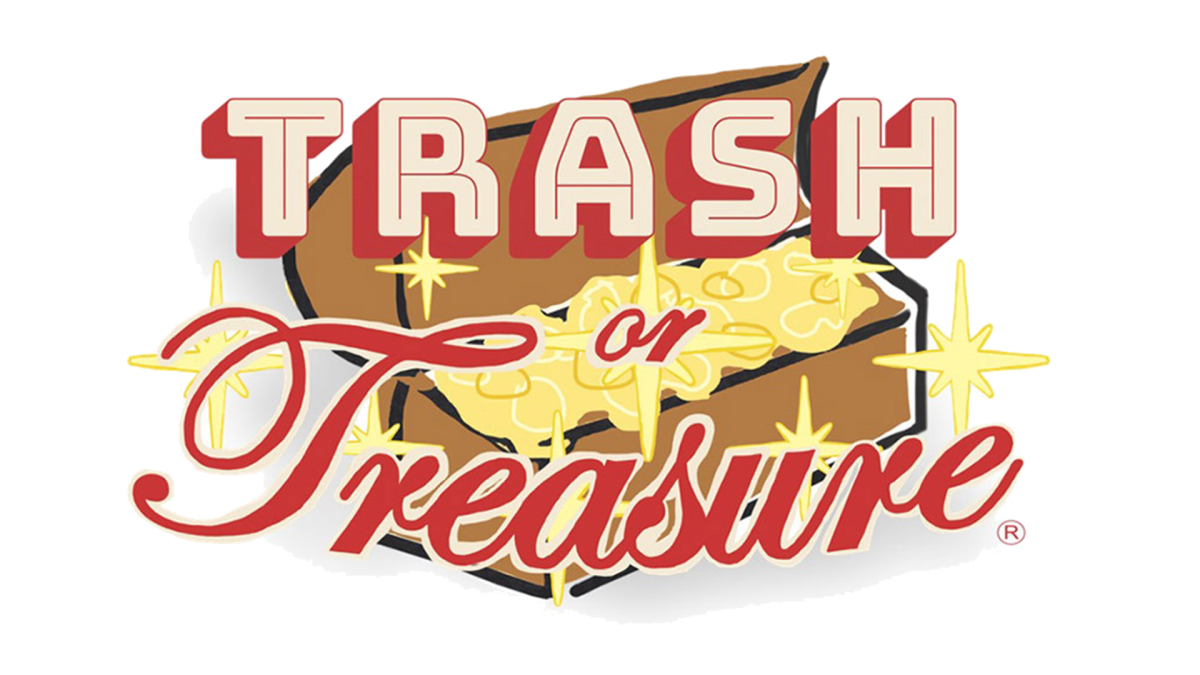Limiting exposure to foul language, racism, and explicit content may sound like a good idea at first, but when the line of censorship continues to move to accommodate things that offend people – eventually everything will be censored. Books have long been a place of knowledge, imagination, and escape, but their fundamental purpose is threatened when a new book is banned within a community.
Some of the most popular banned and challenged books include To Kill a Mockingbird, The Color Purple, and even Harry Potter. The idea that some books are not suitable for a certain audience is completely understandable, but when a book like To Kill a Mockingbird is banned because the language in it makes people “uncomfortable”, then there is a larger problem.
Many have argued that the censorship of books is less about what isn’t suitable and more about trying to shove current or past issues under the rug. Many books that have been challenged or banned have tackled topics like slavery, war, and violence. While a lot of those topics may be difficult for some to read, other people who wish to read those books shouldn’t be denied.
Harry Potter was banned in many schools for being anti-family. To be fair, I too would be anti-family if my family forced be to sleep in cupboard. The Diary of a Young Girl by Anne Frank was banned in 1983 in Alabama for being “a real downer”. However, I wouldn’t expect a book written from the point of view of a young girl in Nazi Germany to be a very uplifting read. Hansel and Gretel was banned in 1992 by two self-proclaimed witches who claimed the book gave witches a bad name. Which I mean… yeah… I guess that’s understandable, but it’s a classic fairytale.
One major argument for the banning of books is that people want children to have access to books appropriate to their age, and while books like To Kill A Mockingbird and I Know Why The Caged Bird Sings are books that tackle heavy topics, it’s very important for these topics to be addressed. These books give us insight into a time where things were very different, and by banning these books, it’s like we’re shoving these topics under the rug instead of addressing them. You can’t erase history just because it’s bad; we need to acknowledge that those things were bad and teach future generations to do better.
A problem that I have with the banning of books is the fact that a lot of books have been banned in high schools or public libraries by parents. The majority of the people at a high school or public library are people who are old enough to make their own decisions and understand right from wrong. It’s understandable that a parent may want to filter what their children are exposed to, but when it’s at the expense of their education, then it becomes an issue.
September 23-29 of this year is annual Banned Books Week where people protest the censorship of books and celebrate the freedom to read. The censorship of books is not okay and it will never be justified. It violates our basic freedom to write and to read whatever we please, and as long as books are still being censored, we will never fully have that right. We need to fight against it and keep advocating for our intellectual freedom.





